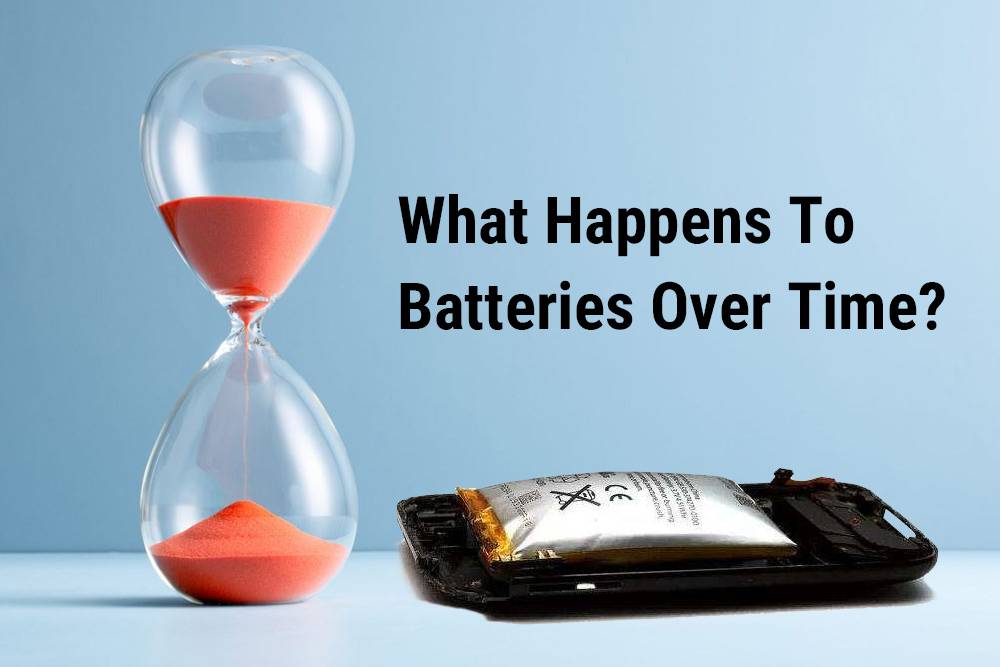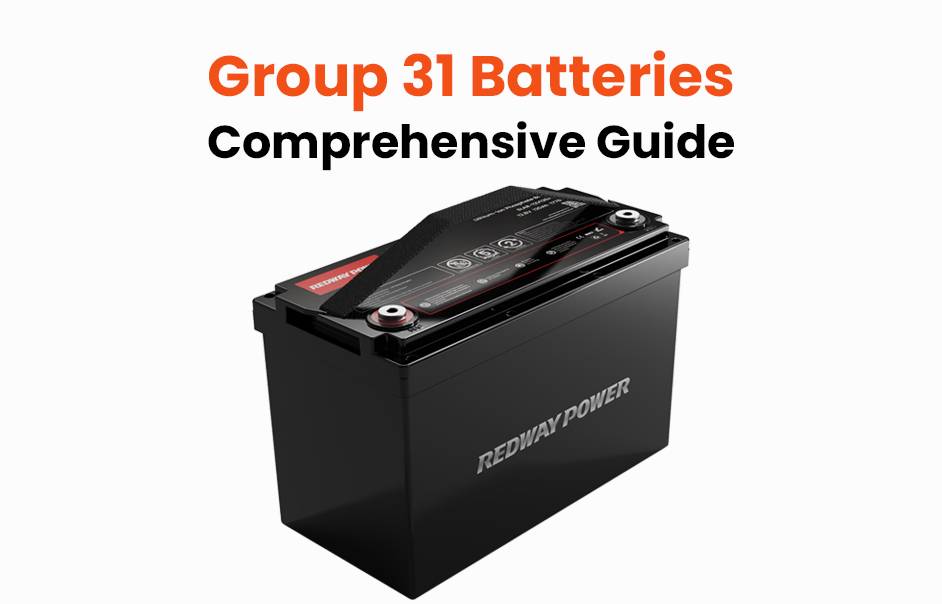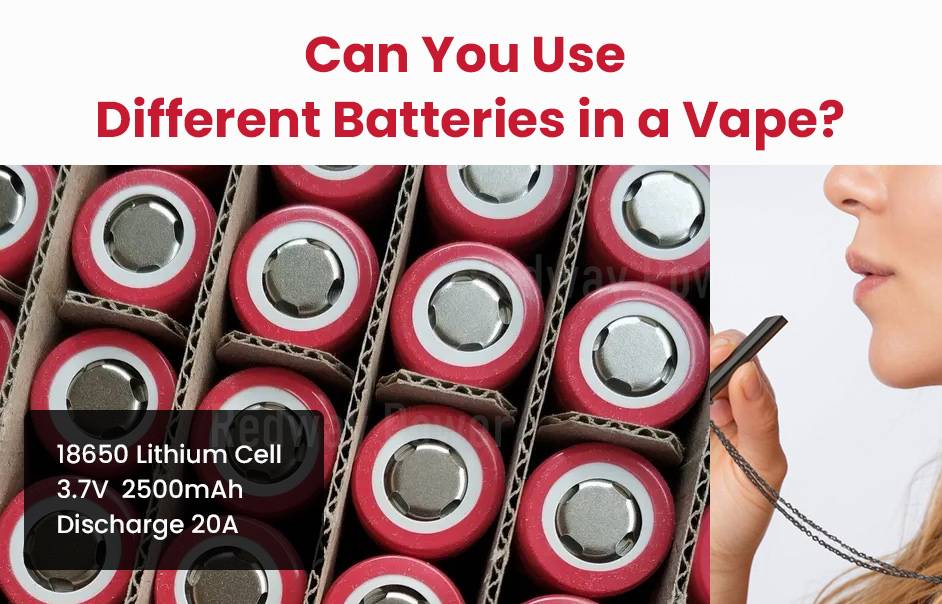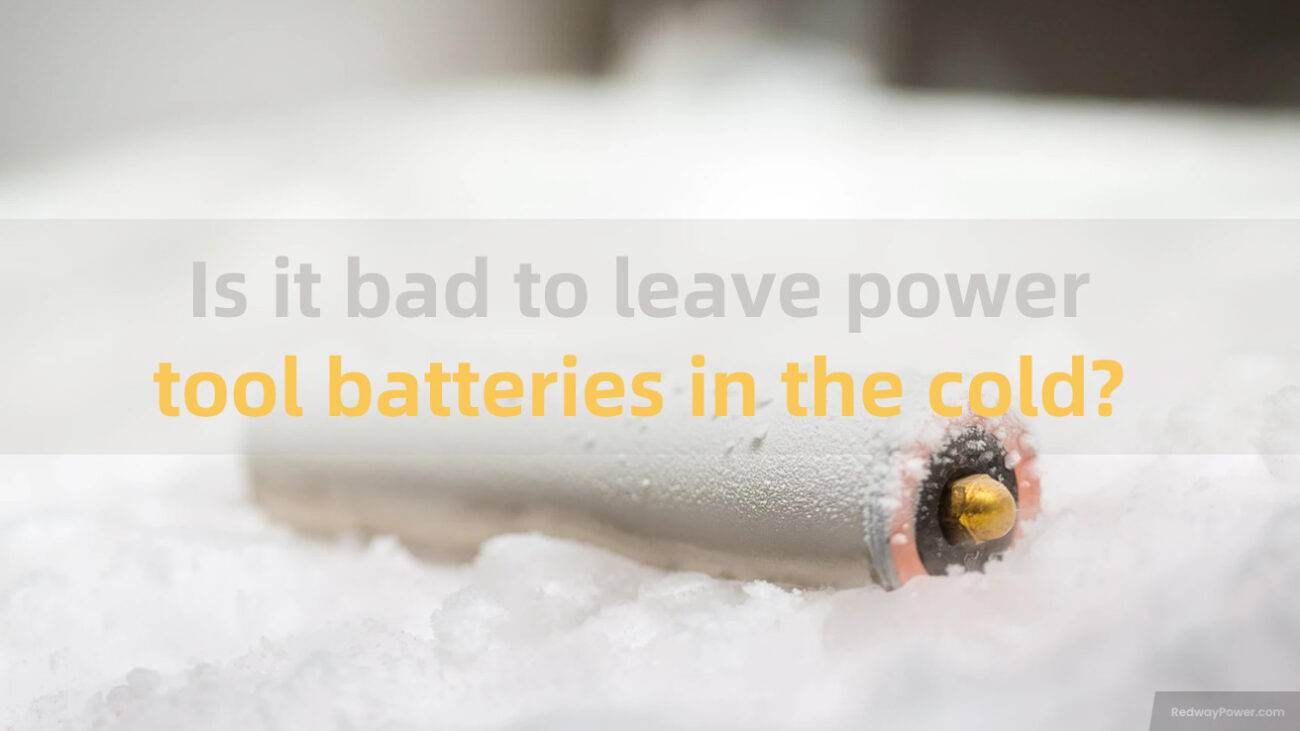Ever wondered why your smartphone or laptop battery seems to lose its mojo over time? Enter the realm of “battery memory.” In this post, we’ll unravel the mysteries around what it is, how it operates, and whether it plays a role in affecting our devices. So, let’s dive into this electrifying topic and clear up the confusion!
The science behind battery memory
Ever wondered about the mysterious “battery memory” affecting your device’s stamina? Let’s unravel the science behind it. Contrary to human memory, it’s about voltage depression, not a battery’s recall ability.
- Voltage Depression Explained:
- Rechargeable batteries, especially nickel-cadmium ones, suffer from voltage depression.
- Partial discharging and recharging create crystal structures on electrodes, limiting electron movement.
- This gives the illusion of a memory effect as the battery delivers less than its full capacity.
- Types of Batteries Involved:
- Nickel-cadmium (NiCd) batteries were prone to memory effects.
- Newer technologies like lithium-ion (Li-ion) batteries are less susceptible to voltage depression.
- Prevention and Solutions:
- Regularly fully discharge and recharge your device to break down crystal structures and restore full capacity.
- Consider factors like temperature, moisture, and physical damage, as they can affect battery performance.
- Exploring alternative energy sources like solar power, wind energy, and fuel cells is a promising avenue.
Understanding these aspects empowers us to make smart choices about our device batteries and consider eco-friendly alternatives.
Common misconceptions about battery memory
Let’s unravel the truth about battery memory by debunking common misconceptions. Understanding these myths will help you make informed decisions about optimizing your device’s battery life.
- Not All Batteries Develop Memory:
- Only certain rechargeable batteries like nickel-cadmium (NiCd) are prone to memory effect.
- Modern batteries like lithium-ion (Li-ion) or nickel-metal hydride (NiMH) don’t exhibit this phenomenon.
- Draining Battery Completely Doesn’t Eliminate Memory Effect:
- Discharging NiCd batteries before recharging can temporarily improve performance.
- However, it doesn’t entirely eliminate the memory effect.
- Leaving Devices Plugged In After 100% Charge:
- Modern devices have smart charging systems preventing overcharging and optimizing power delivery.
- Leaving your device plugged in after reaching 100% doesn’t cause memory effect due to these systems.
- Storing Batteries at Full Capacity:
- Storing fully charged Li-ion or NiMH batteries doesn’t lead to significant memory effect.
- High temperatures, not the state of charge, can degrade battery performance over time.
By dispelling these misconceptions, you can better care for your device’s battery and ensure optimal performance.
Factors that affect battery memory
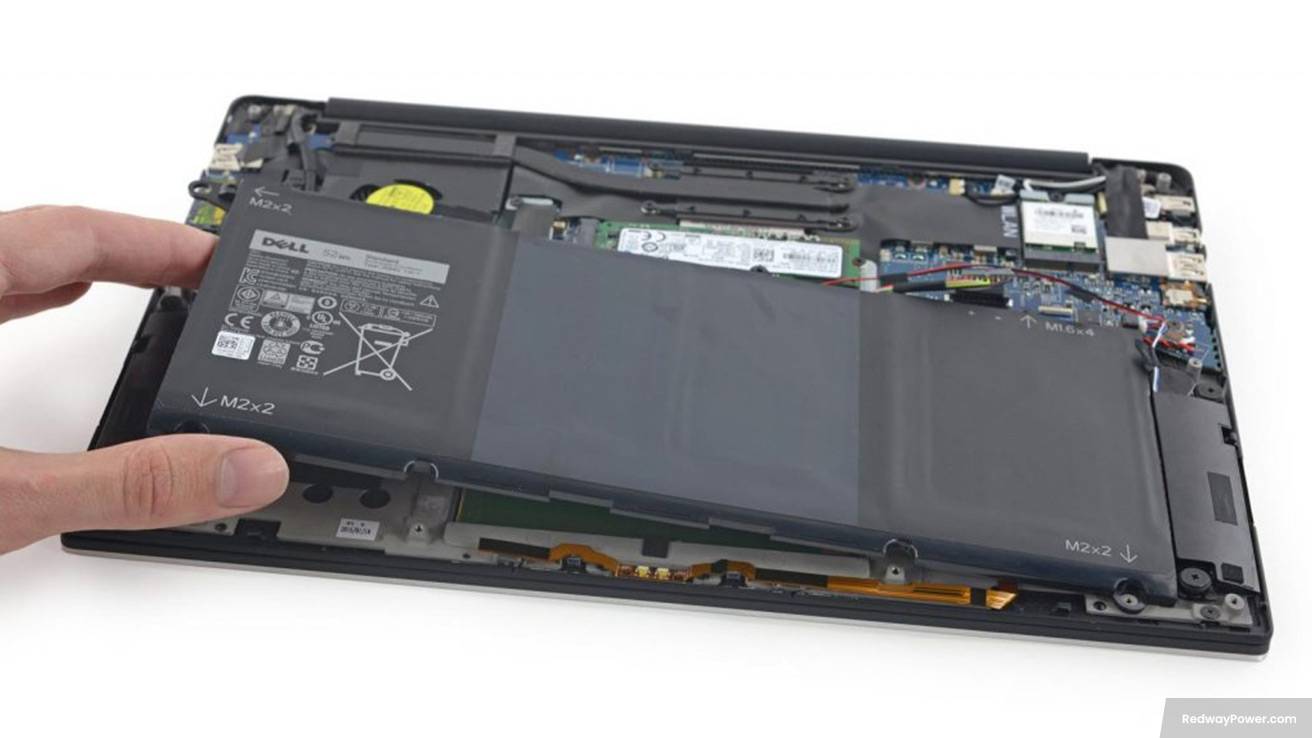
Ever wondered why batteries lose capacity over time? Let’s explore the factors affecting battery memory, impacting their ability to hold a charge.
- Temperature Impact:
- Extreme heat accelerates chemical reactions, degrading batteries faster.
- Cold temperatures slow down reactions, reducing overall battery efficiency.
- Charging Habits Matter:
- Consistent overcharging or undercharging can lead to memory effects.
- Batteries “remember” previous cycles, resulting in capacity loss.
- Choice of Charger:
- Incompatible chargers may provide improper voltage, causing inefficient charging.
- Using chargers designed for your specific device is crucial to prevent potential damage.
- Deep Discharges and Rapid Charging:
- Frequent deep discharges and rapid charging contribute to reduced battery life.
- These practices strain internal components, accelerating wear and tear.
- Age and Natural Degradation:
- All batteries naturally degrade over time due to chemical reactions.
- Age itself becomes a factor in determining how well a battery retains its charge.
Guidelines for Optimal Battery Performance:
- Store devices in moderate temperatures.
- Avoid prolonged exposure to extreme heat or cold.
- Use compatible chargers designed for your specific device.
- Avoid frequent deep discharges unless necessary.
- Do not leave devices plugged in when fully charged.
- Consider investing in high-quality batteries with positive reviews.
By adopting these practices, you can effectively prevent or minimize the impact of factors that affect battery memory, ensuring your batteries last longer and perform optimally.
How to prevent and fix battery memory
Want your batteries to last longer? Learn how to prevent and fix battery memory issues with these simple tips.
- Proper Discharging Habits:
- Use devices until the battery is nearly drained before recharging.
- This helps reset internal circuitry, preventing the development of memory.
- Avoid Overcharging:
- Unplug devices when fully charged or use smart chargers to prevent overcharging.
- Prolonged overcharging negatively impacts battery longevity.
- Store Batteries Correctly:
- Store batteries at room temperature with around 50% charge for prolonged periods.
- Extreme temperatures, whether hot or cold, can degrade battery capacity.
- Fixing Battery Memory:
- If memory issues arise, fully discharge and recharge the battery several times.
- This recalibrates voltage settings within cells, potentially restoring lost capacity.
By incorporating these practices into your battery care routine, you can effectively prevent memory issues and ensure your batteries maintain optimal performance over an extended period.
Alternative energy sources for reducing battery usage
Discover alternatives to traditional batteries as we explore promising energy sources and technologies that aim to reduce our reliance on them.
- Solar Power:
- Harness sunlight with solar panels to directly power devices or charge batteries.
- Offers a sustainable solution by tapping into renewable energy sources.
- Kinetic Energy:
- Explore the potential of motion-generated power for recharging devices.
- Applications like kinetic-powered watches showcase the efficiency of this technology.
- Wireless Charging:
- Embrace wireless charging technology to eliminate the need for traditional cables.
- Convenient and environmentally friendly, reducing reliance on disposable batteries.
- Advanced Battery Technologies:
- Research and development into new battery technologies like solid-state and flow batteries.
- Focus on longer lifespans and lower environmental impacts compared to conventional batteries.
By incorporating these alternative energy sources and technologies, we aim to move towards a more sustainable and efficient future with reduced dependency on traditional batteries.




